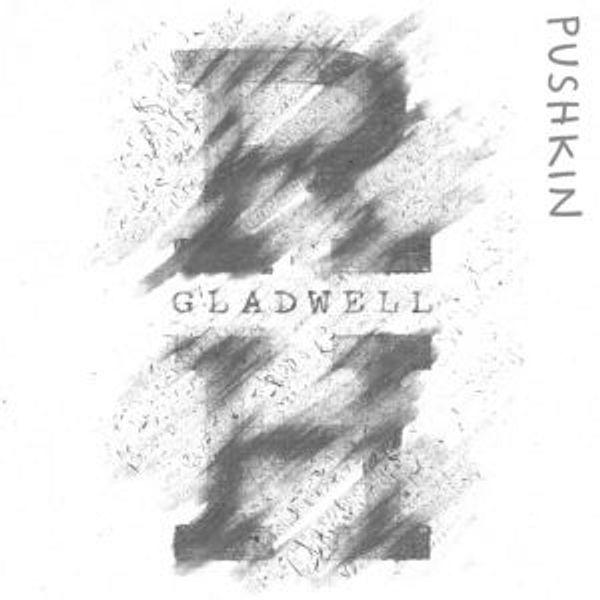
By Claire Booth
Malcolm Gladwell takes on all sorts of subjects with his Revisionist History podcast, which I’ve listened to for years. Everything from college endowment funds to McDonald’s French fries has gone under his Gladwellian microscope.
Last month, listeners learned he’s a crime fiction fan. A huge fan, and he spent an episode on the modern murder mystery novel. It’s a lecture he gave during the New Orleans Book Festival, where he introduced his classification system for the mystery story.
His thesis was to see it through the lens of policing and how it then affects the public’s view of real-world law enforcement. No other profession gets so much space in books, television and movies. Professions like teachers and nurses don’t have to contend with perceptions created by screenwriters and authors. Law enforcement does.
“The stereotypes put forth in popular culture matter. They are the raw material people use to form their attitudes and perspectives. And I really worry that police narratives are doing the same thing. They’re doing an injustice to our understanding of the police.”
Police aren’t all good or all bad, Gladwell says bluntly, but the mystery story can portray them that way. In his view, the fiction that portrays them can be lumped into four categories:
He starts with the 1950s TV show Dragnet, which he calls one of the top five most influential shows of all time because it introduced to a mass audience the notion that police were good at what they did. That becomes “Eastern” on the four compass points of his “Taxonomy of the Modern Mystery Story.”
“Northern” stories are ones with incompetent police, where civilians have to step in and solve the crimes; here he lists detectives such as Hercule Poirot and Philip Marlowe.
Swing down to “Southern” and those are stories with corrupt authorities, where others have to come in and clean things up. He uses John Grisham as an example for this one.
Then of course, there’s “Western,” the only one that truly fits its namesake compass point. Those are stories with an absence of authority/police, just like the lawless frontier towns. He highlights Lee Child’s Jack Reacher books, because Reacher rides into a town, “kills scores of people, and never gets caught—so, Westerns.”
He tends to lump many subgenres together. This is, I know, a much more normal way to view things than the thin sub-sub-genres that crime fiction writers (like me) often find themselves slicing. But I like how I divide things, so I’ll do some quibbling here. His “Northern” classification isn’t police procedural at all, but rather amateur detective. And any modern mystery worth its salt will use more than one East/West/North/South in its plot and character development. “Modern” is what we do now—mixing all of these in a single work, as an acknowledgement that the world is not just four points on a compass.
Gladwell says he knows his categories are reductive, and that’s his point. That over the years, the genre has made it easy for two things to happen: for real police to be unjustly reduced to stereotypes, to less than what they really are; and to create fertile ground for a certain kind of narcissism to develop that moves away from the people they serve. “These are not novels and shows about solving crimes. They’re novels and shows about crime solvers … and where is the public in there?”
I think that good crime fiction—much current crime fiction—tries to address these questions and problems. I know I do. And I don’t think we’ve in any way exhausted the possibilities of the form.
One other note:
There was a big lack of diversity in his name-checking. There’s only one direct mention of a woman—Murder She Wrote’s Jessica Fletcher, whom he lists when counting TV civilian detectives. In that same part of the discussion, he mentions Hercule Poirot, although he never does name Agatha Christie—or for that matter, her other, equally adroit (but female) amateur detective, Miss Marple.
He also doesn’t include any writers of color. Ed McBain, Raymond Chandler, John Grisham, Lee Child, Joseph Wambaugh, Daniel Silva. Dragnet, The Untouchables, Columbo, Slow Horses. All white male authors or cast with almost all white male actors. He makes good points with many of them. But there are plenty of non-straight white male writers who could have reinforced his ideas, too. Walter Mosley, Naomi Hirahara, Kellye Garrett, Sujata Massey, Kwei Quartey. Sara Paretsky, Patricia Cornwell, Joseph Hansen, Sue Grafton.
You clearly read deep, Malcolm. I look forward to hearing what you think when you read wide.
"Taxonomy of the Modern Mystery Story" was released July 26, 2023, as Season 8, Episode 12 of Revisionist History. You can listen to it here, or wherever you download your podcasts.
1 comment:
I find several things to take issue with in Gladwell's position even though I agree with the primary point, that most police fiction does not do anyone a service by depicting how cops do what they do. Where Gladwell misses the point is in saying the books focus too much on the cops and not enough on crime solving. My complaints there are that
1. Good stories are about people. As Wambaugh famously said, a good police novel is less about how the cops work the case and more about how the case works the cops.
2. There are plenty of writers out there who give fair and accurate descriptions of police work. They're just not best sellers. Malcolm needs to broaden his reading to more than just Amazon's top recommendations.
Post a Comment